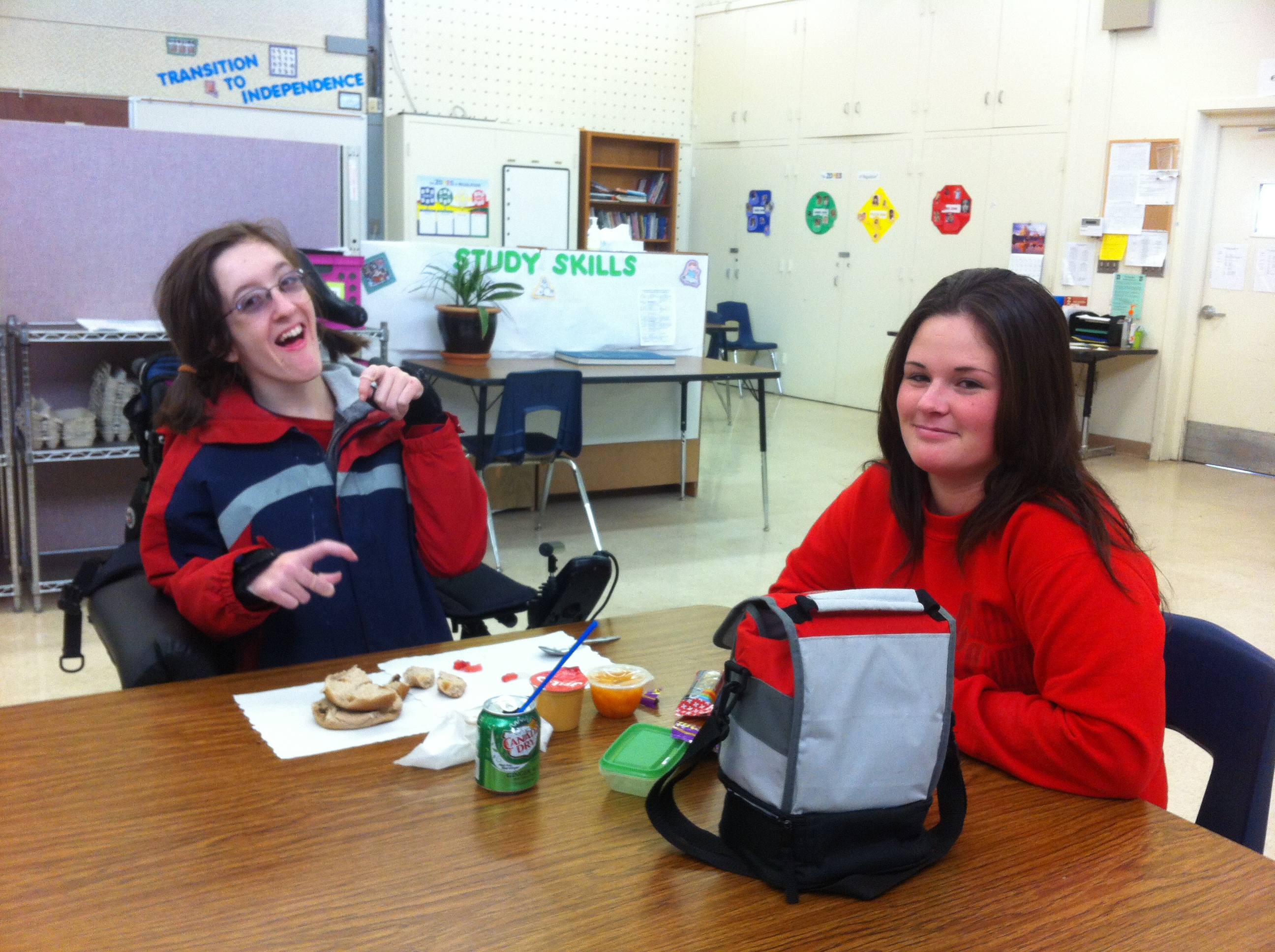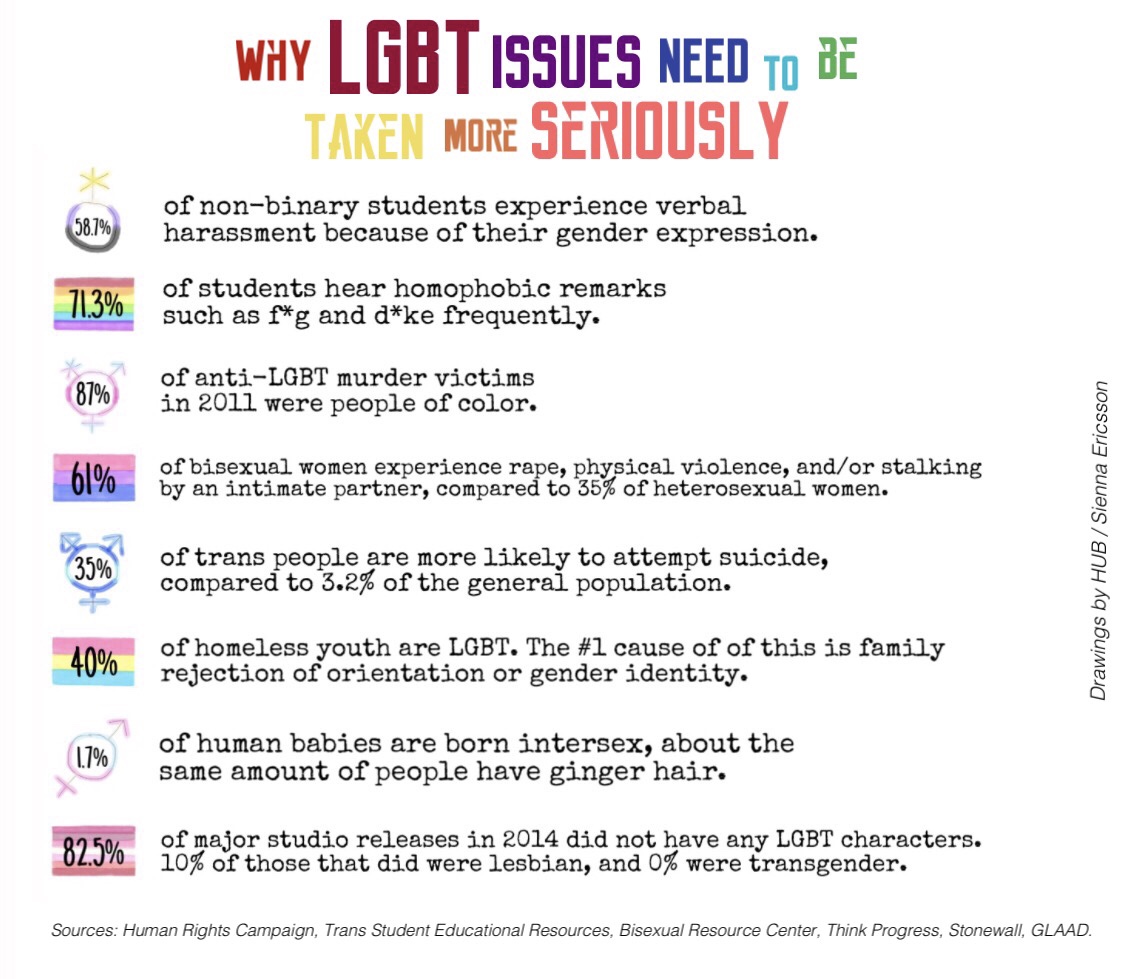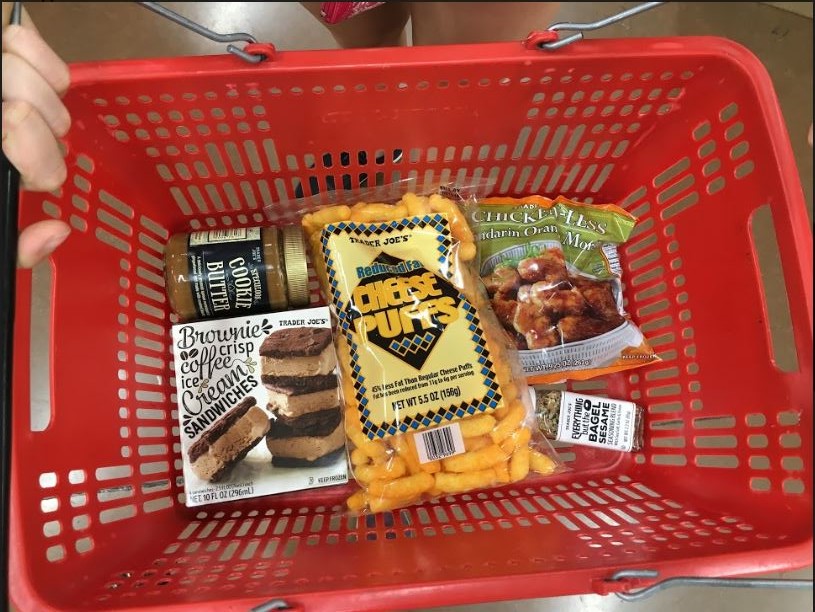Special education students strive for freedom

By Elizabeth Kim,
Bluedevilhub.com Staff-
It is Dec. 10 and a group of students with moderate to severe mental disabilities is eating lunch in the south gym. Outside, the sky is full of gray clouds and the school seems abandoned.
Just like the special education students of M1, many of the general education students deemed the weather too cold and were lunching in various classrooms or eating off campus. None of them, however, were seen in the south gym.
Although many of the students with disabilities eat together, there are some who venture off on their own. They are spread out all across Davis High.
Some can be spotted eating with their paraeducators in M1, others eat in the south gym together, some spread out at tables across the quad and there are others who attend clubs.
Junior Jessica Roeckl-Navazio is one student who eats lunch in M1 as well as the south gym.
Roeckl-Navazio goes inside “when it gets cold,” she said. Her paraeducator Nichole Spiva, who has been working at DHS for three months, was eating with Roeckl-Navazio at a small table.
There are some students with disabilities that want to interact with other general education students and do activities on their own.
Freedom and independence seem to be common goals shared by students with disabilities, not unlike the rest of the student body at DHS.
Senior Andrew Jones is a frequent club-goer. He participates in the Chinese club, chess club and unicycle club.
“I like to go to places on my own. I like freedom,” Jones said.
He had been wearing a Santa hat but took it off to lay it on the table in front of him. He took out a small clamp from a packet and squeezed it as he talked.
Senior Laura Berry echoed this sentiment.
“Now we want to be independent. On our own without our paraeducators. We just like to be by ourselves to do things. Different kinds of things,” Berry said.
By “we,” Berry meant herself and her best friend, junior Madeline Cartoscelli.
“Now I only eat with Madeline,” Berry said.
Berry and Cartoscelli go to clubs together and talk together. They go to German club, French club, world music club, unicycle club, and art club.
“(Sometimes) we eat lunch by P-22, upstairs on the ground,” Berry said.
Cartoscelli also wanted to become independent. She does not want to eat with her M1 peers so much anymore, and she would rather eat with “other kids. And Laura, too.”
Many of the M1 students keep to themselves at lunch and do not eat with general education students. Most general education students do not try to interact with the M1 students. It is a concern for teachers.
Teacher Debra Covert said that the special education students are generally more comfortable with their peers.
“Many of them have relationships that have been built through Teens Night Out and Team Davis,” Covert said. “What you are observing are natural interactions with their peers that they feel most comfortable with.”
Teens Night Out is a recreational program for teens and adults who have disabilities. According to the City of Davis website, it meets the first and third Fridays of each month and teens and adults with disabilities can play Wii, eat, watch movies, play a game or hang out with friends.
According to the Team Davis website, “Team Davis is an all volunteer non-profit organization established to help enrich the lives of children and adults with developmental, cognitive and/or physical disabilities living in or close to Davis, California.”
It sponsors athletic, cultural and social events that they can participate in.
“Basically we want all kids to be comfortable with each other,” Dr. Marjorie Solomon of the MIND Institute said.
Dr. Solomon has developed a social skills program for children with autism. She also helps create school and clinical intervention programs for these children.
According to Covert, many school districts in California separate students with moderate to severe disabilities from the general education students.
However, Davis is different. Here, such students participate in general education classes, such as electives or physical education.
Which classes they take, Covert said, depend on their IEP, which stands for “Individual Education Plan.”
Each student who qualifies for special education services is entitled to an IEP that addresses the educational needs of that particular student.
“(Davis’s) focus is to include our students in as ‘typical’ general education experiences as possible,” Covert said.
Even though they want their students to be comfortable, Covert and Leticia Vasquez, who both work with students classified as having “moderate to severe” disabilities, “try to encourage (their) students to interact with a variety of peers.”
Dr. Solomon agreed with them and said that it is “good to expose (special education students) to kids with strong social skills.”
Regardless of whatever special needs they may have, the students with disabilities are not much different from the rest of the student body. They all strive for more freedom.


